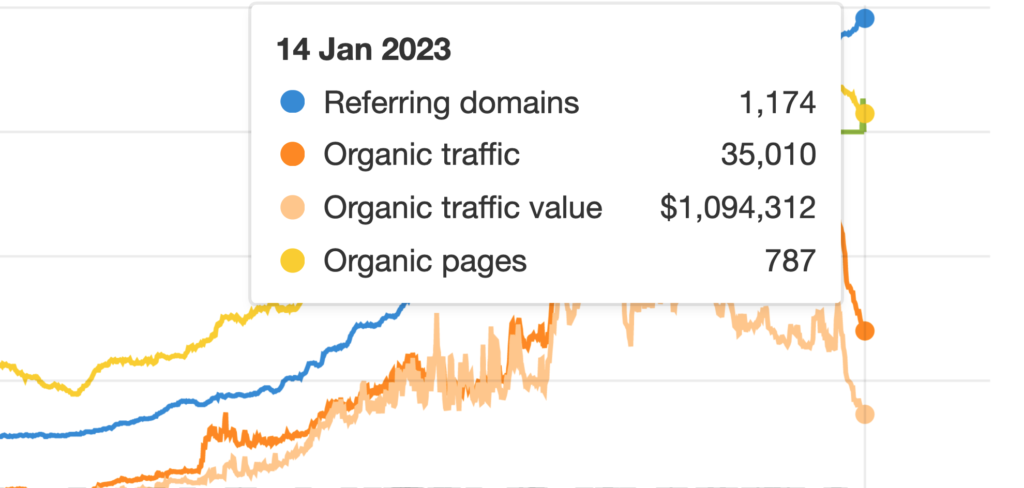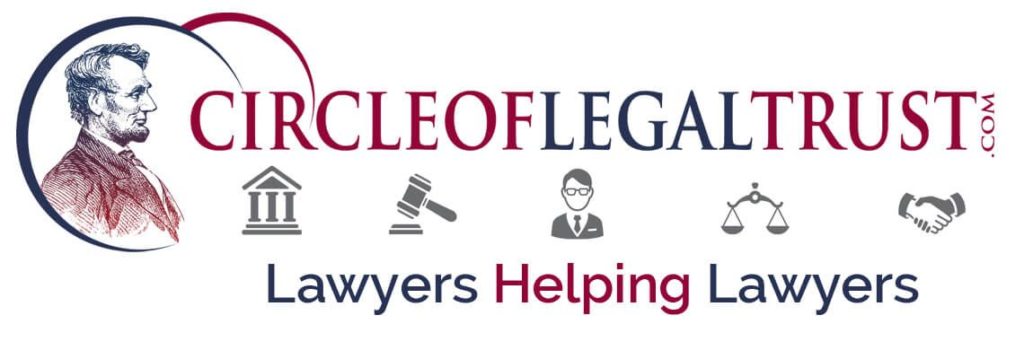Privacy Violations: Zuckerberg’s Rude Awakening – Big Tech Just Got Slapped with Largest Punishment of Its Kind

Recently, the big tech got slapped by South Korea’s Personal Information and Protection Commission after discovering the company’s invasion of users’ privacy.
In this Circle of Legal Trust blog, we will explore the details of the news “Zuckerberg’s rude awakening – big tech just got slapped with largest punishment of its kind.”
Facebook and Google Faces Hefty Fines by South Korea’s Personal Information and Protection Commission
On September 21, 2022, Wednesday, South Korea’s personal information and protection commission hit Silicon Valley tech companies with severe fines for tracking user behavior data illegally without permission from its Korean users.
Massive $72 Million in Fines for Privacy Violations Concerning Meta and Google Users
The PIPC slapped Google with $50 MN and Meta (formerly known as Facebook) with $22 MN in fines. The penalties totaled $72 MN, the largest fines regarding privacy violations of Meta and Google users in the Republic of Korea.
Facebook Collected Private Data from Korean Users Without Consent Through Default Setting, Korea Times Reported Wednesday
The Korea Times reported Wednesday that massive tech companies, both Google and Facebook, have been collecting and maintaining consumer privacy data for years. Both companies, either through manipulation or negligence, did not give the option for consumers to opt-out. People using Google already consent without their knowledge due to a default setting. On the other hand, those using Meta have no choice.
Korea’s privacy watchdog did not entertain that the two tech companies are using various tactics to avoid consent. They ordered both companies to ensure access to a simple process where users could consent to the gathering and sharing of their personal data if they wished.
Although these stringent actions would be enough for any other company to turn over a new leaf, many experts believe it wouldn’t waiver Meta and Google from carrying out similar tactics in the future.
Irish Data Protection Commission Imposes a Record Fine for Violating Children’s Privacy
It’s no surprise that Meta CEO Mark Zuckerberg has already received a lot of backlash in the past. On September 5, 2022, Irish Data Protection Commission imposed a record fine of $402 MN against Instagram, a subsidiary of Meta, for violating children’s privacy pursuant to EU’s data protection laws. The regulator is also considering other offenses by Meta.
The history of fines levied upon Meta suggests that the company is profiting more on gathering and sharing consumer privacy data than paying fines and legal fees. In 2019, the company paid a massive $5 billion in penalties for selling users’ personal data without consent.
Joe Simmons, the Federal Trade Commission chairman, stated in 2019 that the fines imposed are unprecedented in the commission’s history. He expressed that Facebook continues to undermine consumer choices.
Simmons further added that the massive fine is a way to punish Facebook for carrying out such illegal data collection in the future. However, a $5 billion penalty couldn’t deter tyrant Mark Zuckerberg from profiting over private data.
Facebook Gathering User Behavior Data from Minors since 2018
According to research, in 2018, Facebook collected private data from minors through software that tracks users’ activity. Although the company announced that it would allow advertising companies to target young users via age, gender, and location instead of personal preferences and interests, the company failed to do so by continuing to use its software for such data collection.
To demonstrate that such data collection was ongoing in 2018, the advocacy groups, including 5Rights, decided to conduct a study. They created three new Facebook accounts, one for a 13-year-old and two for a 16-year-olds. The individuals controlling the accounts accessed different websites to test whether the company is still carrying out illegal data collection by targeting personal interests in their ads.
The study’s findings revealed that the company collects users’ online behavior and harvests it for adverts. However, a Facebook spokesperson denied such allegations. They responded to the study, stating that the algorithm only shows such adverts to under-18 users if they visit websites or apps that use the company’s business tools.
Big Tech Just Got Bigger: Facebook Provides Its Business Partners with Tracking Software
You may be inclined to believe that if you’re not using Meta apps, they don’t have information on you, and that’s where you’re wrong.
In 2021, after facing an anti-trust lawsuit from the Federal Trade Commission, internet users soon realized that the company was persuading millions of businesses to use their tracking software.
Such partnerships allowed Facebook to collect data from these websites and apps they were working with and match it to your account at their back end, allowing the company to shape Meta users’ experiences.
According to Sensor Tower, an app research firm, out of the 100 most popular mobile phone apps, Meta had data access from 61 in 2021. The company also had access to information collected from 25% of the websites at the time, with experts believing it to be a higher percentage today.
Meta knows when you open a streaming platform to watch a movie or when you like to conduct your shipping activities and other information without ever opening the Facebook app. The data collection has gone far beyond the remedy South Korea’s personal information and protection commission suggested, a clear and simple process to provide consent.
Privacy Concerns Are Not Anti-trust Concerns
When a company with a serious track record of legal battles, getting slapped with the most significant punishment and violating children’s privacy pursuant to EU laws states that privacy concerns are not anti-trust concerns, that should ring some alarm bells.
Facebook spokesperson keeps on ensuring Meta users that the company continues to provide more transparency and control over the data it collects. Meta encourages users with privacy concerns to use a tool that has a clear and simple process of managing and viewing the information the company receives.


Responses